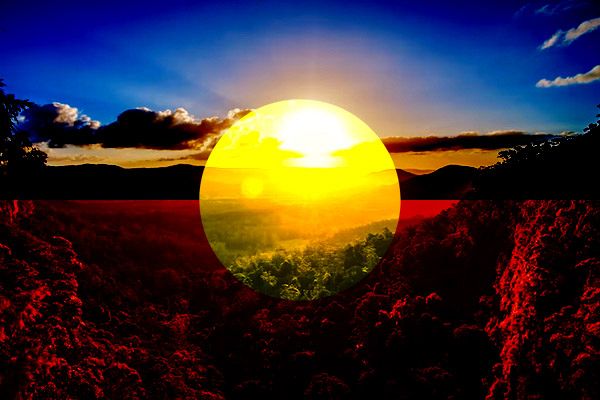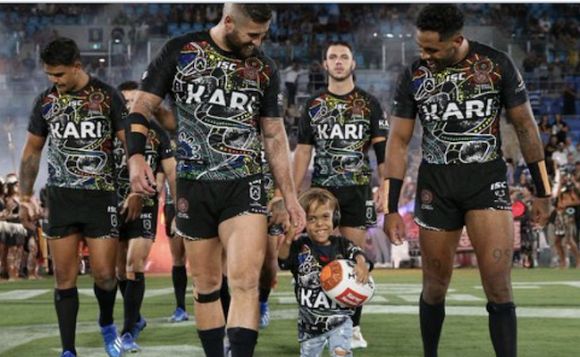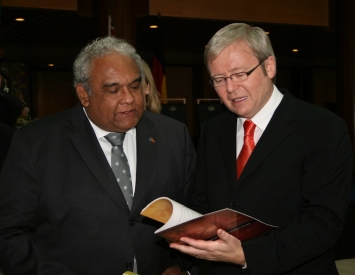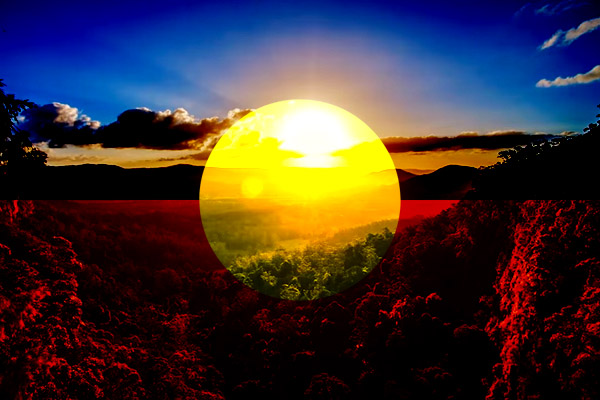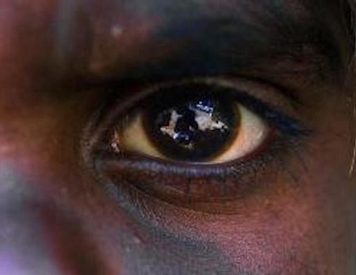Acknowledgement of Country should be delivered from the heart and not a meaningless recital from a standard text, writes Paul Dutton.
THE ACKNOWLEDGEMENT OF COUNTRY has grown more and more as an important part of the commencement of events and meetings in Australia but certainly were not a priority for many as a part of respecting the Land and Country that we walk on. Obviously, some still show a lack of respect for the People and cultural connectivity that our Aboriginal communities have for Country, but it is certainly growing respect.
As NAIDOC Week has just concluded, I reflected on the many events and meetings that I participated in during the week and the varied attempts by people to Acknowledge Aboriginal Land and Country. So many versions of the Acknowledgement exist and it is true that you should present something from the heart rather than read the bland example of Acknowledgment that is used. This should only be the template for those that need it, to consider what words they should deliver.
To Acknowledge Country shouldn’t just be to copy and paste a document and read from it, it should be something that reflects us as individuals on the Land we are sitting, on who we are as people, as a group, to allow Spirit to connect to your meeting, your event and our days. We walk the Land by respecting the Land; make your Acknowledgement part of your everyday connection and see how that reflects in our actions and connections for everyone we walk past to the relationships at home and at work.
So I thought I would speak to the Acknowledgement of Country that I deliver in respect, love, honour and humility for who I am, where I sit, to show my feelings for the Lands that I walk, breathe, live and are cared for.
I hope it brings you something that you can speak to from your own heart at the next opportunity which is every morning and evening, but at an event to inspire everyone around us to Acknowledge our Country or the Country we sit on:
My name is Paul Dutton. I am a Barkindji Man from far western NSW. I am Eaglehawk, I am Mukwarra, I am Kali (Dingo). With respect, love and humility, I wish to Acknowledge the Bundjalung Lands to which I sit on.
I pay my respects to Mother Earth and Father Sky, to the Spirits who have shaped the Lands, waters, the creatures, plants, valleys, mountains, sacred sites and stories to which we honour and pass on to the next generations through our Elders, our Lore Women and Lore Men, through our Culture, including our behaviours, actions and beliefs.
I honour all our generations that walk before us, that have lived as one within the Lands, that are honoured in the storylines that are the Country we all walk and live on.
I pay my respects to their amazing courage and inquisitive nature to travel the world millennia ago, to march across continents and find peace and connection within the lands we live.
I am in awe of that journey, of the strong spiritual connections that I belong, that I share on Bundjalung Country and to wake, sleep, walk and live on each and every day.
I humbly Acknowledge these Lands and all Aboriginal Lands when I pass through not on any single occasion but always. I hope we all feel the connection and Spirit of the Land we sit on today and reflect in quiet for the ancient connection to which is now being shared with you individually and with family.
We are all connected by being able to share these moments with each other from such vast spans of Country all at the same time.
The air we breathe, the sun we rejoice in and the sounds of the birds and creatures all around us are the inspirations for us all to do the very best we can to respect who we are, where we come from, to connect and belong to what’s beneath our feet and surrounds us, to care for Country and to connect to the Spirits that seek us out each and every day.
Always was, always will be.
Paul Dutton is a Barkindji man from far-western NSW and part of the Stolen Generation. He is an Independent Australia columnist and works as an Indigenous engagement consultant. You can follow Paul on Twitter @pauldutton1968.
Related Articles
- Indigenous youth suicide: Why it's crucial to speak out
- A universal wage will reduce poverty for First Nations people and for all Australians
- Australia's invisible Indigenous left behind
- The sad state of Indigenous youth suicide
- The fight for the future of the Pilbara
 This work is licensed under a Creative Commons Attribution-NonCommercial-NoDerivs 3.0 Australia License
This work is licensed under a Creative Commons Attribution-NonCommercial-NoDerivs 3.0 Australia License
Support independent journalism Subscribe to IA.



